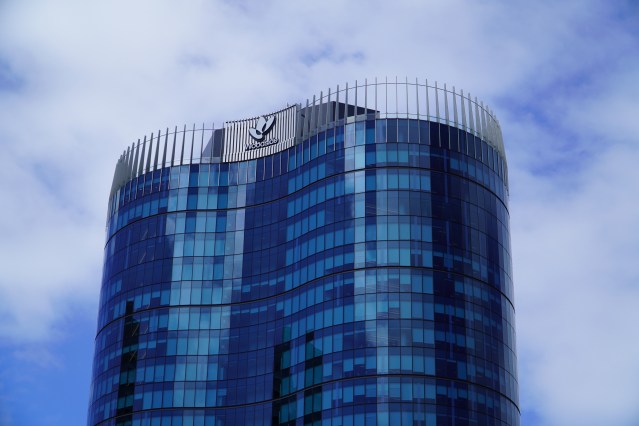After being approved almost a month ago, the Scarborough Gas Project is still fuelling debate within the Perth community, with experts warning it signals a step in the wrong direction for WA energy policy.
The project has been given approval by the state government, despite a recent IPCC report recommending no new fossil fuel developments should go ahead.

Woodside is proposing to develop the offshore Scarborough gas field off the Burrup Peninsula, north of Karratha, and start producing gas between 2023 and 2025.
Both the environment minister Amber-Jade Sanderson and the WA Environmental Protection Agency have approved the proposal.
Research from the Conservation Council of Western Australia and the Australia Institute claims the project will surpass the Adani coal mine as the most polluting development in Australia, releasing 1.6 billion tonnes of carbon pollution.
Conservation Council of WA gas analyst Dominic Donaldson says the project is incompatible with IPCC recommendations and is a step backwards in the state’s energy policy.

“It makes Australia’s commitment to reaching net zero by 2050 as we’ve been recommended by the IPCC, it makes that completely untenable,” he says.
“It’s bad on just about every level you possibly could conceive of.”
He says the council does not agree with committing to new projects.
“We recognise that there will be need for the gas projects and the LNG production facilities that are currently on line to be used for a few more years as we transition and complete them, but the Scarborough Project won’t even begin developing and producing LNG for four to five years even if they get everything absolutely right.
“So this would be a project that doesn’t generate anything until the mid 2020s and then has a 20-30 year life span.”
Curtin University Professor of Sustainability Peter Newman is the co-ordinating lead author of the IPCC report on transport, and says an interim target for net zero emissions for 2030 is needed, rather than the 2050 timeline proposed by the federal government.
“There isn’t an energy policy at the moment, it’s being developed as part of the whole climate strategy that is unveiling in front of us,” he says.
“The policy that approved Scarborough was essentially to say ‘well we’ll go with that one and then we’ll start reducing.’”
Mr Newman says the state government is lagging behind with setting interim targets, with other states and even energy giants like BHP setting internal interim targets before them.
Premier Mark McGowan told ABC news the transition from gas, oil and coal exploration was more complex then ‘just stopping’.
“A company like Woodside needs to get into that mode rather than thinking we’re going to do a bit more bad before we start that. We can’t afford to continue doing that,” Mr Newman says.
“It’s not like saying well Woodside’s just got to close down. Woodside has got to start being a good corporate, global and local citizen.”
Environmental protestors gathered outside the Woodside Petroleum building in Perth’s CBD last Thursday, angry at approvals given to the company’s Scarborough Gas Project.
Mr Donaldson says the state government is ultimately out of touch with what businesses and communities want, a real market change in energy.
“I think that the vast majority of people want climate action. They’re almost gaslight by the big corporations and the massive energy producers and their huge donations to government and the revolving door that there is between global, state, federal government and the energy bodies.”
Mr Donaldson remains hopeful the desires of the public to further transition to renewables will be reflected in government policy very soon.
Categories: Economy, Environment, General

